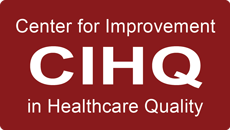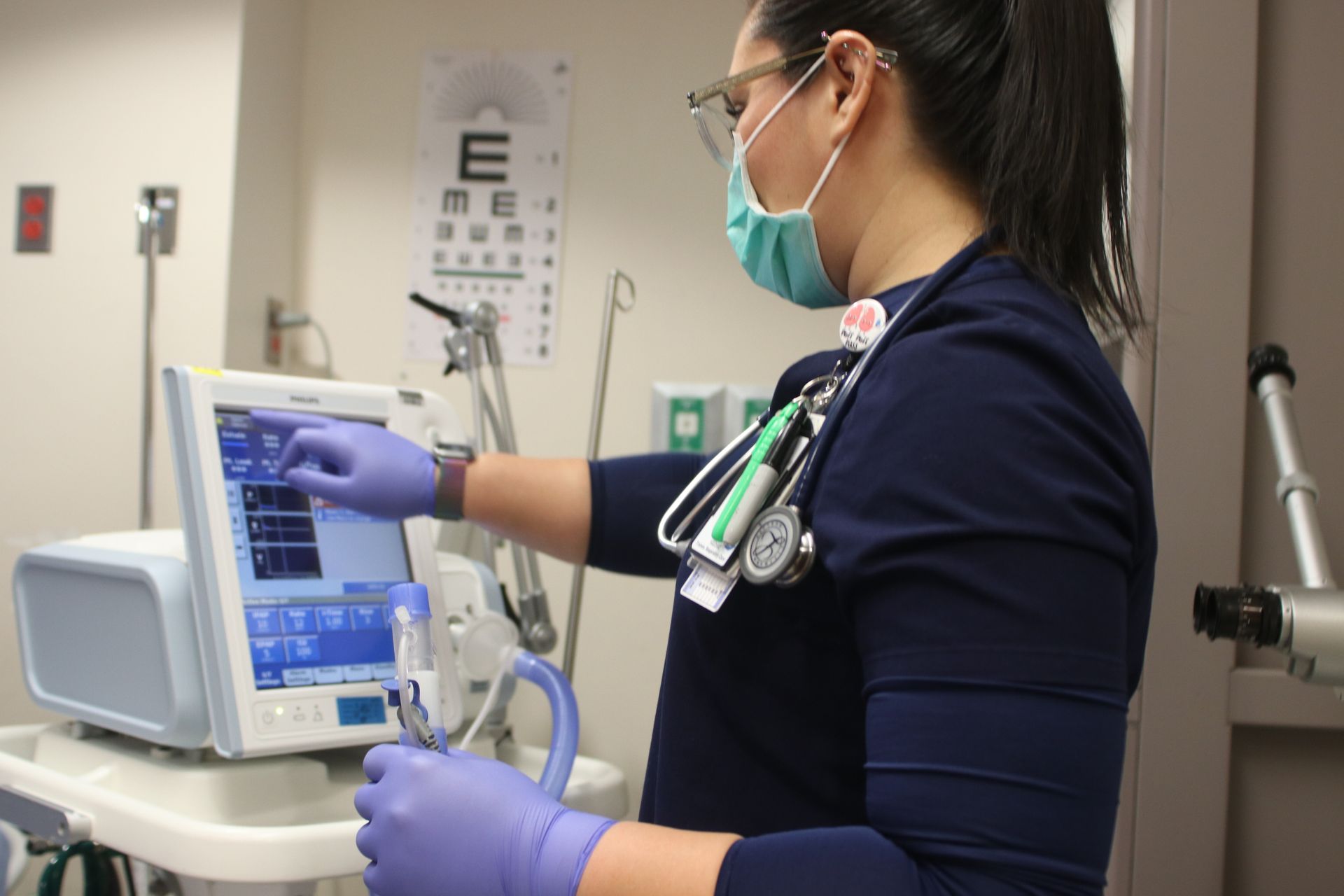Navigating Compliance in Behavioral Health Hospitals: Key Considerations for Success
Navigating Compliance in Behavioral Health Hospitals: Key Considerations for Success
Behavioral health hospitals play a vital role in addressing mental health and substance use disorders, providing critical care to vulnerable populations. However, ensuring compliance with regulatory standards is a complex and ongoing challenge. From accreditation requirements to federal and state regulations, behavioral health facilities must navigate a dynamic landscape to maintain compliance and provide high-quality care.
Understanding Regulatory Standards
Behavioral health hospitals must adhere to multiple layers of regulations, including:
- Centers for Medicare & Medicaid Services (CMS): CMS sets conditions of participation (CoPs) for psychiatric hospitals, ensuring facilities meet safety, quality, and operational standards to receive federal funding.
- Center for Improvement in Healthcare Quality (CIHQ), The Joint Commission (TJC) and Other Accreditation Bodies: Accreditation by organizations such as CIHQ, CARF, TJC, or DNV demonstrates adherence to best practices in patient care and operational efficiency.
- State-Specific Regulations: Each state has unique licensing and compliance requirements that behavioral health hospitals must follow.
- HIPAA and Patient Rights Laws: Compliance with the Health Insurance Portability and Accountability Act (HIPAA) ensures patient privacy, while laws like the Emergency Medical Treatment and Labor Act (EMTALA) protect patient rights.
Common Compliance Challenges
Behavioral health hospitals face unique challenges in maintaining compliance, including:
- Staffing and Credentialing – Ensuring that mental health professionals meet licensing and credentialing requirements can be complex, particularly in areas with workforce shortages.
- Patient Safety and Restraint Use – Strict regulations govern the use of seclusion and restraints, requiring detailed documentation and staff training to minimize risks and ensure compliance.
- Infection Control and Environmental Safety – Behavioral health settings require specialized infection prevention measures, especially given the unique patient population and facility design considerations.
- Documentation and Medical Records Management – Comprehensive and timely documentation is critical for compliance with CMS and accreditation standards.
- Quality and Performance Improvement – Continuous performance monitoring and data reporting are necessary to meet quality improvement requirements and demonstrate compliance.
Best Practices for Compliance Success
To maintain compliance and provide high-quality care, behavioral health hospitals should implement the following strategies:
- Regular Compliance Audits: Conducting routine internal audits helps identify areas of risk before external surveyors do.
- Staff Training and Competency Programs: Ongoing education ensures that all employees understand regulatory changes and compliance expectations.
- Policy and Procedure Alignment: Keeping policies updated with current regulations reduces compliance gaps.
- Strong Leadership and Governance: A dedicated compliance team or officer can oversee regulatory adherence and foster a culture of accountability.
- Use of Technology: Electronic health records (EHRs) and compliance tracking software can streamline documentation and reporting requirements.
Conclusion
Ensuring compliance in behavioral health hospitals requires vigilance, proactive planning, and a commitment to continuous improvement. By staying informed about regulatory updates, investing in staff training, and leveraging technology, behavioral health hospitals can enhance patient safety, improve care quality, and maintain compliance with evolving standards.
Are you looking for expert guidance on behavioral health hospital compliance? HCE Global offers specialized consulting services to help your facility navigate regulatory challenges and achieve operational excellence.
Contact us today!








